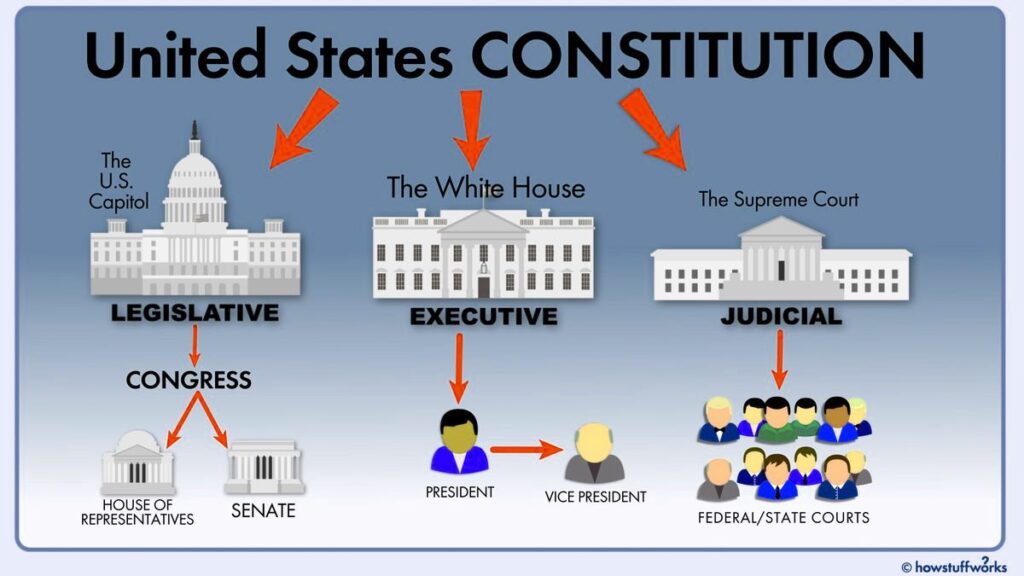TL;DR: Apple Launches 15% Commission for Mini App Developers
- Apple introduces a new Mini App Developer Program with a reduced 15% commission rate.
- This is half of the standard 30% commission charged to other developers.
- Mini apps are self-contained experiences built using HTML5 and JavaScript within larger apps.
- The program aims to foster growth for developers and enhance the availability of mini apps on the App Store.
- Apple has updated its App Review Guidelines to accommodate this new program.
Introduction to Apple’s New Mini App Developer Program
Apple has officially launched its Mini App Developer Program, a significant initiative aimed at reducing the financial burden on developers who create mini apps. This program introduces a new commission structure where developers can benefit from a reduced commission rate of 15% on in-app purchases, a stark contrast to the standard rate of up to 30% that Apple typically charges. This move is seen as a strategic effort to encourage the development of mini apps, which have gained popularity in markets like China.
The introduction of this program comes at a time when Apple is facing increasing scrutiny from regulators and developers regarding its App Store practices. By lowering the commission for mini app developers, Apple aims to alleviate some of the pressure from antitrust concerns and foster a more vibrant app ecosystem. The company describes mini apps as “self-contained experiences” that can be built using web technologies like HTML5 and JavaScript, allowing them to function seamlessly within larger applications.
Overview of Commission Rates for Developers
Under the new Mini App Developer Program, the commission structure is designed to be more favorable for developers, particularly those who are smaller or just starting out. The 15% commission applies to sales of qualifying digital goods and services made through mini apps, which is a significant reduction compared to the traditional 30% rate.
This new rate is part of a broader trend where Apple has been adjusting its commission policies in response to criticism and regulatory pressures. For instance, the company has already implemented lower rates for small developers under its Small Business Program, which allows developers earning less than $1 million annually to pay a reduced commission of 15%. The introduction of the Mini App Developer Program further extends these benefits to a specific category of apps that are becoming increasingly important in the mobile ecosystem.
| Commission Structure | Standard Rate | Mini App Rate |
|---|---|---|
| In-App Purchases | 30% | 15% |
| Small Business Program | 30% (reduced to 15% for qualifying developers) | N/A |
This table summarizes the commission structures for different developer categories.
Definition and Functionality of Mini Apps
Mini apps are lightweight applications that provide specific functionalities without requiring users to download a full app. They are designed to operate within larger host applications, offering users quick access to services such as ride-hailing, food delivery, and payment processing. This format has seen significant success in markets like China, where platforms like WeChat have integrated mini apps to enhance user engagement and streamline services.
The functionality of mini apps is built using web technologies, allowing for rapid development and deployment. They can be easily updated and maintained, providing a flexible solution for developers looking to engage users without the friction of traditional app downloads. This approach not only benefits developers by reducing the barriers to entry but also enhances the user experience by offering instant access to services.
Objectives of the Mini App Developer Program
The primary objective of the Mini App Developer Program is to stimulate growth within the app ecosystem by providing developers with a more favorable commission structure. Apple aims to encourage the creation of mini apps, which can enhance user engagement and diversify the offerings available on the App Store. By lowering the commission rate, Apple hopes to attract a wider range of developers, particularly smaller teams that may have previously been deterred by the high costs associated with app development and distribution.
Additionally, the program seeks to address regulatory pressures by demonstrating Apple’s commitment to fostering a competitive app environment. By supporting the growth of mini apps, Apple can potentially mitigate some of the antitrust concerns raised by regulators regarding its App Store practices.
Application Process for Developers
To participate in the Mini App Developer Program, developers must submit a request form to Apple. Approval is required to access the benefits of the program, including the reduced commission rate. This process ensures that only qualifying developers who meet specific criteria can take advantage of the program.
Developers are also required to integrate certain App Store technologies, such as the Declared Age Range API and the Advanced Commerce API, to ensure compliance with Apple’s guidelines. These tools are essential for maintaining a safe and secure environment for users, particularly when it comes to age-appropriate content and payment processing.
Updated App Review Guidelines and Requirements
With the introduction of the Mini App Developer Program, Apple has updated its App Review Guidelines to reflect the new requirements for mini apps. These guidelines outline the necessary steps developers must take to ensure their mini apps meet Apple’s standards for quality, security, and user experience.
The updated guidelines emphasize the importance of integrating Apple’s technologies to facilitate safe transactions and protect user data. Developers must adhere to these guidelines to maintain their eligibility for the reduced commission rate and ensure their mini apps are approved for distribution on the App Store.
Impact of Reduced Commission on Developer Growth
The reduction in commission rates is expected to have a significant impact on developer growth within the App Store ecosystem. By lowering the financial barriers associated with app development, Apple is creating an environment that encourages innovation and creativity among developers. This is particularly beneficial for smaller developers who may struggle to compete against larger companies with more resources.
The potential for increased revenue from mini apps could lead to a more diverse range of offerings on the App Store, enhancing the overall user experience. As developers take advantage of the lower commission rates, they may be more inclined to invest in their apps, leading to improved features and functionalities that can attract more users.
Comparison of Mini App Commission with Standard Rates
The introduction of a 15% commission for mini app developers represents a significant shift in Apple’s pricing strategy. Traditionally, Apple has charged a standard commission of up to 30% for in-app purchases across the App Store. This higher rate has often been criticized by developers, particularly those operating on thin margins or those who are just starting out.
The table below illustrates the stark contrast between the commission rates for standard apps and mini apps:
| App Type | Standard Commission Rate | Mini App Commission Rate |
|---|---|---|
| Standard Apps | 30% | N/A |
| Mini Apps | N/A | 15% |
This table highlights the differences in commission rates between standard apps and mini apps.
The reduced commission for mini apps not only incentivizes developers to create more of these lightweight applications but also aligns with Apple’s broader strategy to adapt to regulatory pressures and enhance its competitive position in the app market.
Antitrust Considerations and Market Dynamics
Apple’s decision to implement a lower commission for mini app developers is also a strategic response to ongoing antitrust scrutiny. The company has faced increasing pressure from regulators and developers alike, who argue that its App Store practices stifle competition and innovation. By introducing the Mini App Developer Program, Apple aims to demonstrate its commitment to fostering a more competitive environment within the app ecosystem.
This move is particularly significant in light of recent legal challenges and investigations into Apple’s market practices. The company has been accused of monopolistic behavior, particularly regarding its control over app distribution and payment processing. By reducing the commission for mini apps, Apple is attempting to alleviate some of these concerns and position itself as a more developer-friendly platform.
Conclusion and Future Implications for the App Ecosystem
The launch of the Mini App Developer Program and the introduction of a 15% commission rate mark a pivotal moment for Apple’s App Store ecosystem. This initiative not only provides financial relief for developers but also encourages the growth of mini apps, which have the potential to enhance user engagement and diversify the offerings available on the platform.
As developers take advantage of the reduced commission rates, we may see an influx of innovative mini apps that cater to a wide range of user needs. This could lead to a more vibrant app ecosystem, ultimately benefiting both developers and users alike.
Implications for Developers and Users
For developers, the Mini App Developer Program presents an opportunity to create and monetize lightweight applications without the financial burden of high commission rates. This could lead to increased investment in app development and a broader range of services available to users.
For users, the growth of mini apps could enhance the overall app experience, providing quick access to a variety of services without the need for extensive downloads. This aligns with the growing demand for more flexible and accessible mobile experiences.
The Competitive Landscape in the App Market
Apple’s introduction of the Mini App Developer Program signals a shift in the competitive landscape of the app market. By lowering commission rates and supporting the development of mini apps, Apple is positioning itself to better compete with other platforms and address regulatory pressures. This strategic move could reshape the future of app development and distribution, fostering a more dynamic and innovative ecosystem.
I am Martín Weidemann, a digital transformation consultant and founder of Weidemann.tech. I help businesses adapt to the digital age by optimizing processes and implementing innovative technologies. My goal is to transform businesses to be more efficient and competitive in today’s market.
LinkedIn

